Lynn Lyons on Helping Anxious Kids – CATHERINE PITTMAN (Online Course)
Description:
After decades of working with thousands of kids and families through their daily battles with anxiety, the one thing that clients tell me they are most desperate for is a clear plan on HOW to respond when anxiety shows up…
Imagine being able to offer families an immediate and effective road map of techniques and strategies to interrupt the powerful patterns of anxiety disorders, weaken anxiety’s grip, and move kids and families forward!
Join me for a comprehensive online certification training course where I’ll teach you my proven, powerful approaches for breaking the worry cycle and treating anxiety in kids.
I’ll guide you step-by-step through the critical concepts and interventions that are essential for effective skill-based treatment of anxiety. Plus, you’ll see how I apply the techniques and approaches in exclusive in-session videos.
You’ll be fully prepared to help even the most complicated presentations that include depression, OCD, ASD, trauma, and more.
Warmly,
Lynn Lyons
Author, instructor, and clinician on helping anxious kids
In just three easy steps, you can become a Certified Clinical Anxiety Treatment Professional – Child & Adolescent (CCATP-CA).
Step 1: Watch the online course
Step 2: Complete the CE test and instantly print your certificate of completion.
Step 3: Submit your certificate of completion and certification application to Evergreen Certifications.
In this module, you’ll gain foundational insight about anxiety and its impact on young clients. Learn practical methods to avoid getting trapped in the content of the disorder and understand how some of the things that therapists, parents, and teachers do can actually support the disorder. Additionally, you’ll discover a new, more effective approach for working with anxiety.
Key topics covered in this module include:
- Understanding how a process-based approach to anxiety works
- The patterns of worried families
- Four critical concepts that make up the foundation of a skill-based approach
- How to avoid mirroring and supporting the anxiety disorder
- Case examples and demonstrations
- Breaking the anxiety culture — escaping the high demands of school, home, social life
- The importance of psychoeducation
- Creating a new framework for families to separate from generational anxiety
- Recognizing anxiety and interrupting common thought patterns
- Help young clients connect their worries back to their past successes
- Use role playing, experiential learning, and practice to deal with anxiety on a day-to-day basis
- Create effective interventions and homework that will teach young clients to overcome worry
- Setup successful rewards and consequence strategies
- Implement Lynn’s favorite assignments for helping kids achieve success in the face of anxiety
In module four, you’ll get step-by-step plans to help children and adolescents thrive in school and beyond. You’ll also learn strategies for helping kids with somatic symptoms.
Key topics covered in this module include:
- Effective behavioral plans and goals for classroom success
- Case studies and common issues to anticipate within the school setting
- Common somatic issues with anxious children (GI issues, insomnia, headaches)
- New opportunities to help kids relax
OCD creates a skewed view of reality and can impact families for generations. This module demonstrates how to recognize OCD, the common pitfalls of treating OCD in kids, and active strategies to help families.
Key topics covered in this module include:
- Myths and current research on OCD
- The biggest mistakes therapists make with OCD
- Diagnosis and misdiagnosis of OCD in young clients
- Creating a family plan for dealing with OCD that reaches across generations
- The benefit of direct language and psychoeducation for families
- The Executive Overload Model
- The importance of prioritizing interventions
- What modifications are needed for clients with comorbidity or trauma history
- How to leverage the Concept of Differentiation
NLP online course
So what is NLP?
Firstly, NLP stands for Neuro-Linguistic Programming. Secondly neuro refers to your neurology;
Thirdly linguistic refers to language however, programming refers to how that neural language functions.
As a result,In other words, learning NLP is like learning the language of your own mind!
Moreover, NLP is the study of excellent communication–both with yourself, and with others.
It was developed by modeling excellent communicators and therapists who got results with their clients.
NLP is a set of tools and techniques, but it is so much more than that.
In conclusion, It is an attitude and a methodology of knowing how to achieve your goals and get results.
Preview Information:
Original Page
Archive Page
More Course: NLP – HYPNOSIS – PHILOSOPHY
Outstanding Course:Reframing Children’s Traumatic Experiences


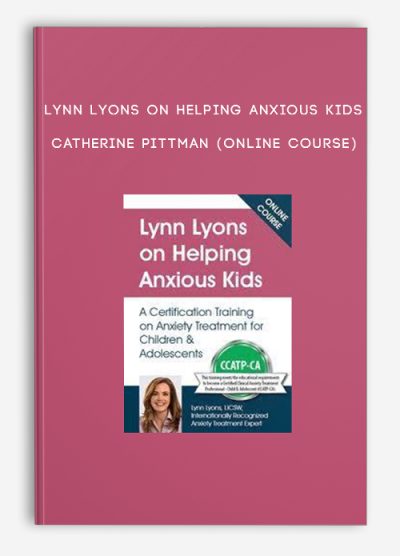
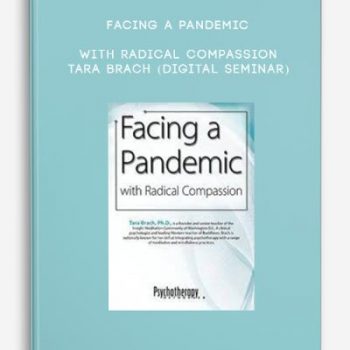






Lord –
This is Digital Download service, the course is available at Vincourse.com and Email download delivery.